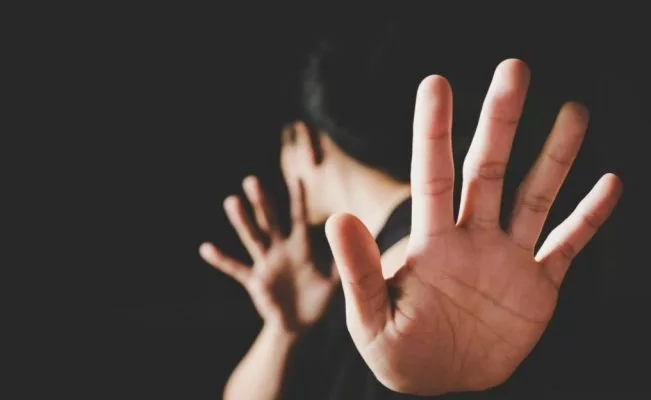The Womanity Index Report, released by Invictus Africa, a civic organisation dedicated to human rights and gender equality, has identified Lagos, Rivers, and Ekiti as the top performing states in response to gender-based violence (GBV) issues in Nigeria.
The report highlights significant progress in addressing GBV in these states, reflecting the growing commitment to improving the safety and well-being of women and girls.
Womanity Index is an annual, data-driven, and evidence-based assessment of the performance of sub-national governments in preventing and responding to gender-based violence.
The maiden edition of the report evaluated the performance of sub-national governments, while the recently launched edition assessed the progress states have made over the past year under the theme, “Are We Making Progress?”
Speaking during the launch of the report in Abuja, the Executive Director of Invictus Africa, Ms. Bukky Shonibare, said that the report was based on responses from 18,500 individuals across the country, a significant increase from the 5,800 respondents in last year’s survey.
The index assessed the progress of sub-national governments in preventing and responding to GBV and promoting gender equality through five key areas: laws and policies, access to legal justice, support services for survivors, information and awareness, and budget allocation for GBV-related programs.
Shonibare explained that states were colour-coded to reflect their performance, with “blue” states being the leaders in addressing GBV, followed by “green,” “amber,” and “red” states, with the latter representing those still struggling to make meaningful progress.
This year, Lagos, Rivers, and Ekiti were all rated as “blue” states, marking a significant improvement in their efforts to combat GBV.
“Lagos State has maintained its position as a blue state, and Rivers and Ekiti have now joined the ranks of states making substantial progress.
The report also highlighted the progress made by other states, such as Katsina, which moved from the “red” to “amber” category. Katsina’s success is attributed to the passage of the Violence Against Persons Prohibition (VAPP) law and the establishment of a sexual assault referral center, both of which contributed to a higher score in the legal justice and support services indexes.
While many states have shown improvement, Shonibare expressed hope that all states will eventually attain “blue” status, signifying that they were making significant strides toward preventing GBV and providing effective responses to victims.
The Womanity Index also sheds light on the prevalence of GBV across the country. According to the report, 63 percent of Nigerians either have experienced GBV or know someone who has. GBV is not limited to sexual violence, but also includes physical, emotional, economic, mental, and psychological abuse.
Domestic violence, particularly intimate partner violence, remains the most common form of GBV, followed by physical violence, mental or psychological abuse, and sexual violence.
Shonibare emphasised the need for greater trust in the police and judicial system, urging law enforcement to work toward becoming the primary source of support for GBV victims.
Chairperson of the Nigeria Governors’ Wives Forum (NIGWF), Prof. Olufolake Abdulrazaq, praised the annual ranking for highlighting progress and identifying areas that need more attention. “It is encouraging to see that some states have moved out of the red zone, and we hope to see more states progress further,” she said.
The Regional Director of the Ford Foundation, West Africa, Dr. Chichi Aniagolu, emphasised the importance of data in measuring the impact of efforts to end GBV. “Data is essential to monitor progress and ensure that policies are effective in addressing the root causes of GBV,” she said.
Representing Lux Terra Leadership Foundation, Rev. Fr. George Ehunasi, underscored the link between ending GBV and national development. He said that a society cannot progress when a significant portion of its population; women and girls, are subjected to violence. “The Womanity Index is a call to action for all of us to work together in creating a safer and more equitable society,” he said.
The report called for greater awareness, stronger law enforcement, and improved judicial processes to ensure justice for GBV survivors. It showed that addressing gender-based violence is not just a women’s issue but a societal issue that impacts everyone.











